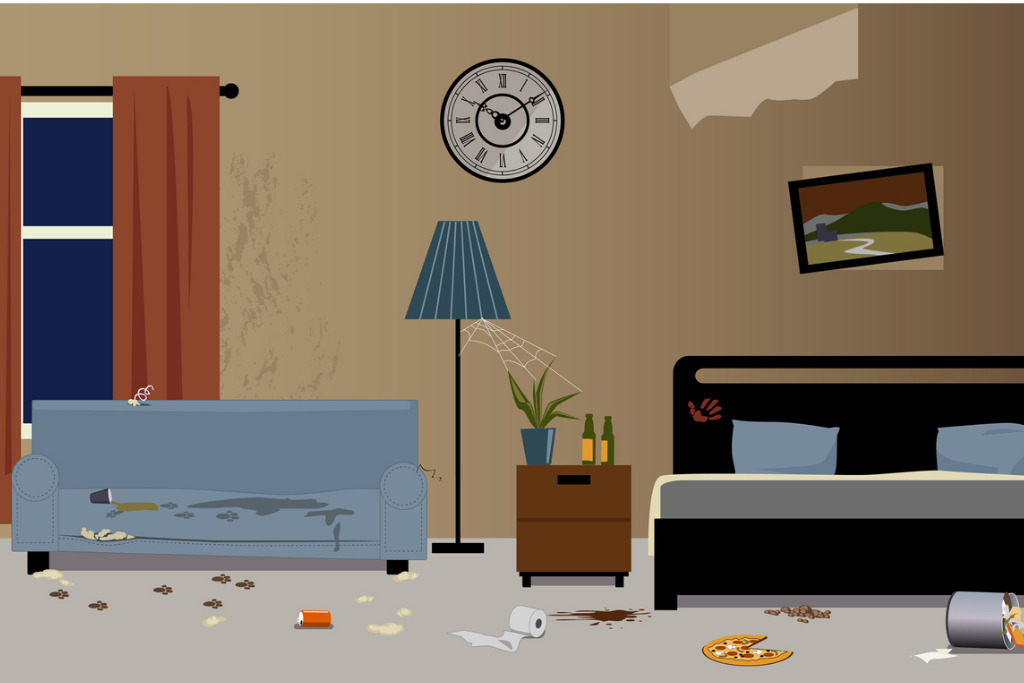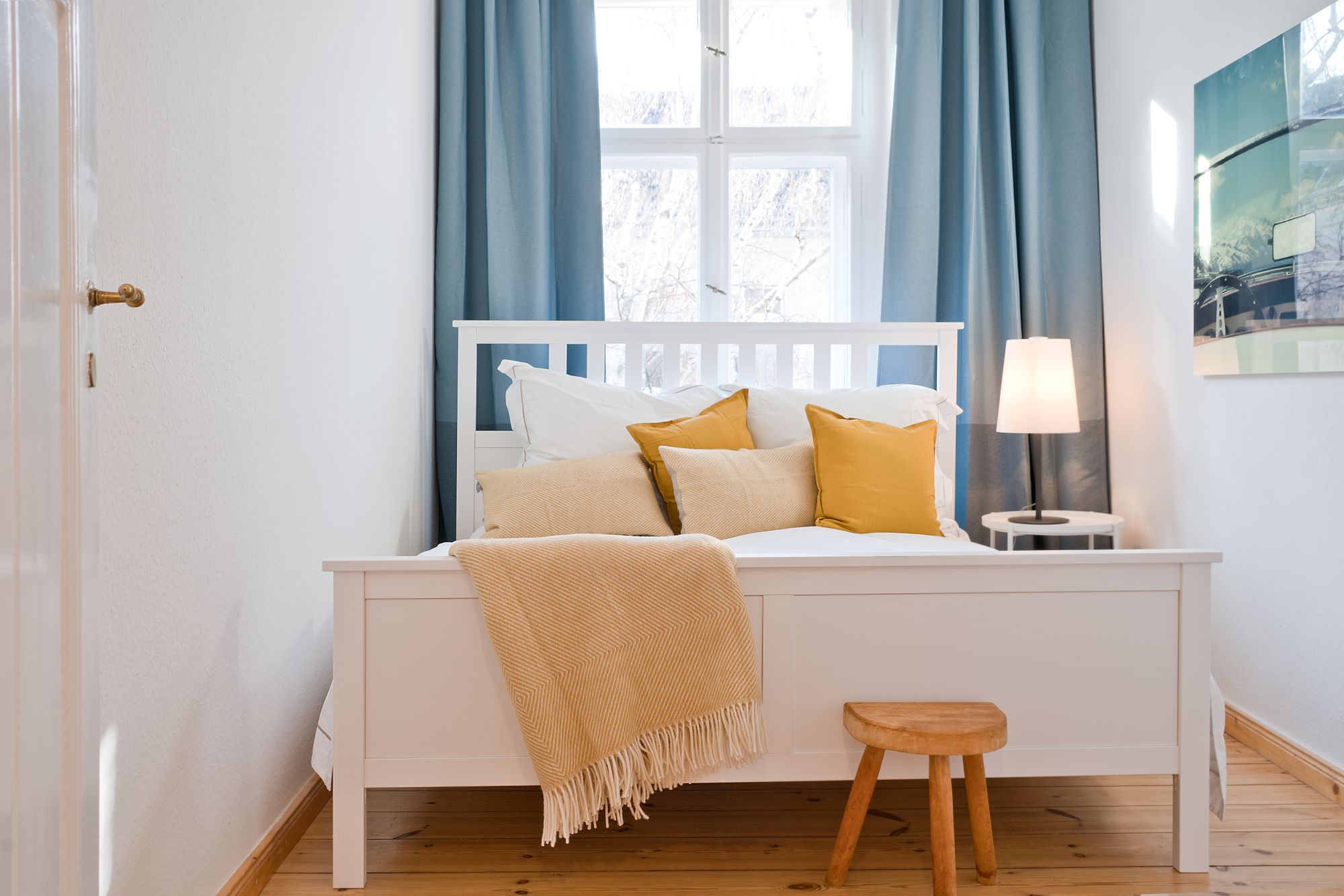Do I get Interest on the Security Deposit?
 Von Christine Kandler
Von Christine Kandler

Does the tenant of a furnished apartment get interest on the deposit?
A tenant doesn’t usually collect interest on a deposit for a temporary accommodation. This may sound negative at first, but with exceptionally low interest rates (0.02-0.2%) and a rental period of a few months up to a year, you’d stand to lose less than a euro. And this is probably no reason to complain.
Who gets Interest on the Deposit?
If an indefinite tenancy agreement is concluded in Germany, the landlord must deposit the security deposit – a maximum of three renting periods net – separately from their assets. Alternatively, tenants and landlords must agree on a form of investment.
This makes sense, of course, if you live in an apartment for 10 years or more. The landlord or the tenant establishes a deposit savings account for this purpose. When the tenant establishes it in their name, they pledge the security deposit to the landlord. This means that the deposit may only be paid by the bank when the landlord has given their consent. For a temporary rental, this model is rather complex and prevents fast and efficient processing. Usually, the final cleaning is always paid with the deposit. But with a pledged bank deposit, this is no longer possible. Landlords also have to set up separate accounts for each tenant and, in addition, have to calculate interest separately. For shorter rental periods, this isn’t worth the effort.
Interest incurred is always written off for the tenant. Even in 10 years’ time, there won’t be any giant sums, but perhaps a small tip (which does not equal the inflation rate). Moreover, interest income must be taxed, if it is above the taxable amount. With the deposit for temporary accommodation, the amount of the tax allowance is never exceeded, but no one knows, of course, whether, and if so, what other sources of income the tenant may have.
All of this is useful for long-term rental, but not for a shorter rental period. If a tenant had the same expectations for temporary rentals, their chances of finding an apartment would be rather low. It would be unrealistic for the landlord to establish a new account for each tenant. In the worst case, this would leave the landlord opening a new account – and closing it again – every two months. With a temporary rental, rather, the priority is an efficient and uncomplicated turnover for both parties.
As we said – a rental deposit account. For amounts of over 2,000 euro, a notice period and a processing fee are required, meaning that the tenant waits longer for their money. This isn’t worthwhile when, for example, a deposit of 3,000 euro gets you one euro in interest.
Does a lease deposit account for temporary living make sense?
No. The establishment of a rental deposit account costs between 12.50 and 20 euro. It stands in a relation to the interest profit of less than one euro. In the deposit account, you often have no choice between different banks, because many banks provide deposit accounts for deposit customers only.
In addition, there is a notice period for amounts of more than 2,000 euro (approx. 3 months) and usually a processing fee is charged. In other words, the tenant would have to wait longer for the deposit to be repaid. With an interest gain of one euro, this is really not a convincing business model.
How can the deposit be sensibly managed?
Your landlord will probably pay your deposit for the temporary apartment rental on a revolving account, or park it in their own savings account. All in all, interest on the deposit isn’t the most important issue during short-time rental. Instead, focus on the essentials, like proper cleaning and maintenance of the rental, to get your full deposit back on time.
Documenting the payment of the deposit
You should receive a voucher for cash. This should show who paid, when, how much, and to whom. If you move in on very short notice, a cash payment may be useful.
If you pay by bank transfer, the transfer document is proof of your payment. It’s best to transfer the first month’s rent and the deposit separately.
If you pay by other means, you should have the deposit confirmed by your landlord.
More information on the refund of deposit. Read also how to open a bank account.
back to category: | The Temporary Rental Blog | Tenants | Paperwork & important stuff


